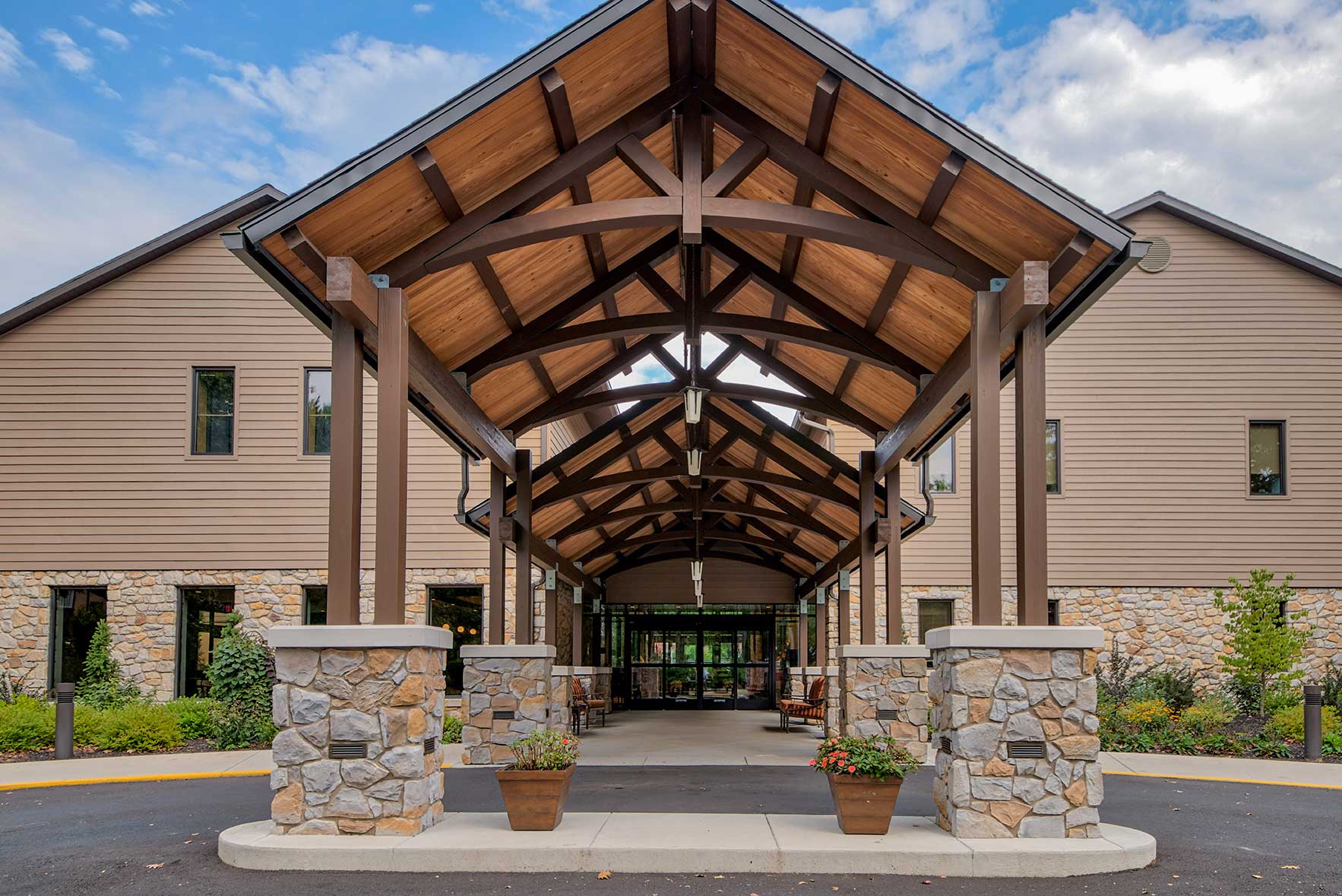Senior Living Operators, Experts Urge Extension Of Medicare Telehealth, Post-acute Waivers

Some senior living experts are operators worried about implications for resident care if Congress does not pass extensions for telehealth flexibilities and hospital-at-home acute services through Medicare.
The waivers, created as part of federal health care changes made during the Covid-19 pandemic, are set to expire at the end of the year. Legislation is currently pending in Congress to extend Medicare telehealth services through 2026 and the hospital-at-home waiver through 2029, which allows health systems to offer inpatient care for qualified patients in their homes.
Senior living trade organization Argentum said earlier this month it was “hopeful” Congress would pass the needed waiver extensions. On Dec. 14, Congressional leaders reached a deal to extend these waivers and other expiring health programs, according to lobbyists cited by health care news publication Fierce Healthcare.
But concern remains regarding the road ahead if the waivers expire. This comes as lawmakers negotiate a year-end legislative package to avoid a government shutdown that could occur on Dec. 20, of which these extensions would be included within.
Law firm Snell and Wilmer wrote on Wednesday that there was “bipartisan support” for the extension of telehealth flexibilities before a new Congress takes office.
Existing telehealth flexibilities were put in place during the Covid-19 pandemic, offering health care providers the ability to reach more people in the last four years.
If these waivers lapse, Medicare beneficiaries would have to be in rural areas and in a medical facility to receive services like Medicare telehealth, with the last renewal coming in 2022 as part of the broader Congressional omnibus spending package.
Curana Health, which provides primary and post-acute care through partnering with senior living operators in Medicare Advantage (MA) plan adoption, said access to telehealth services is a vital way operators have helped improve care delivery to their residents, according to Curana Health Medical Group President Chris Dawe.
“What matters most to senior housing operators and their value-based care partners, like Curana, is taking every opportunity to provide residents with easy access to high-quality clinical care,” Dawe said. “Congressional failure to renew telehealth—one of modern medicine’s most impactful ways of providing direct access to seniors—would be a step backwards from state-of-the-art health care in senior living.”
Christian Living Communities uses telehealth services to help residents stay in place rather than need a hospitalization, an often challenging setback for older adults, according to Christian Living Communities Vice President of Clinical Services Angela Allen.
“Indpendent living residents that are too ill to come to the clinic or see their provider. Assisted living it is still a great option, especially for our stand-alone communities and mountain communities,” Allen told SHN.
Telehealth options should be “maximized,” said Wendy Kiser, COO of Ohio Living’s home health, hospice and palliative care division, to improve the reach and care provided by senior living operators.
“As an organization, we do not utilize this telehealth option frequently, but when needed, it’s very beneficial to help ensure timely care for the patient,” Kiser said.
Juniper Communities CEO Lynne Katzmann said there was “no reason” to walk back and have fewer reimbursable options for telehealth services in Medicare.
“I believe the extension is necessary and hope that it gets the attention it deserves,” Katzmann said. “While Covid instigated the waiver, site agnostic and particularly virtual options particularly for older adults with mobility issues, is equally important today.”
Christian Living Communities, Juniper Communities and Ohio Living are part of the value-based care Perennial Consortium, which grew in October of this year with the addition of senior living operator HumanGood. The Perennial Consortium advocates for value-based care plans and helps senior living operators set up their own plans. The end goal is to help residents stay well for longer, and thus age in place in their care settings.
Without an extension of telehealth flexibilities, it could create “headaches” for senior living operators, according to API Advisory CEO Anne Tumlinson.
“The impact to the senior living operators of the waivers expiring will be more of a hassle factor in that residents will need to be transported to care if there aren’t already primary care providers regularly servicing the building,” Tumlinson told SHN.
While hospital-at-home services aren’t used by senior living operators widely, if at all, Tumlinson said failure to extend these waivers could prevent future innovation around care delivery.
The post Senior Living Operators, Experts Urge Extension of Medicare Telehealth, Post-Acute Waivers appeared first on Senior Housing News.


